New Zealand Study Reveals Two-in-One Inhalers Cut Asthma Attacks by Half Among Young Children
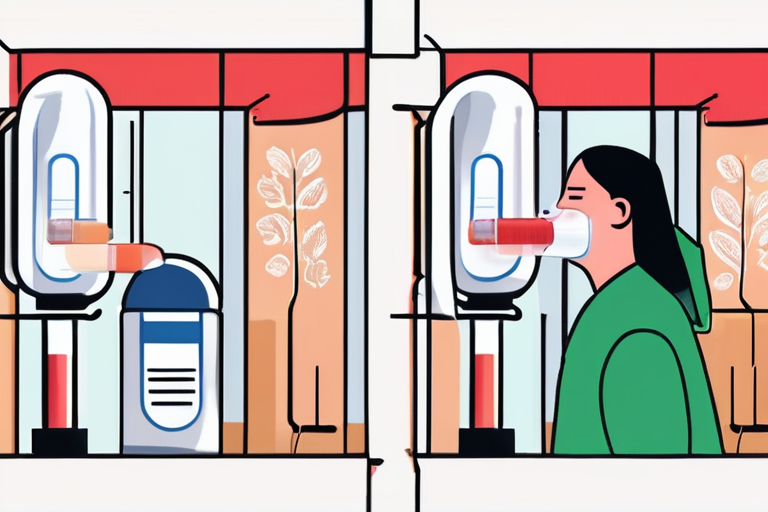

Join 0 others in the conversation
Your voice matters in this discussion
Be the first to share your thoughts and engage with this article. Your perspective matters!
Discover articles from our community
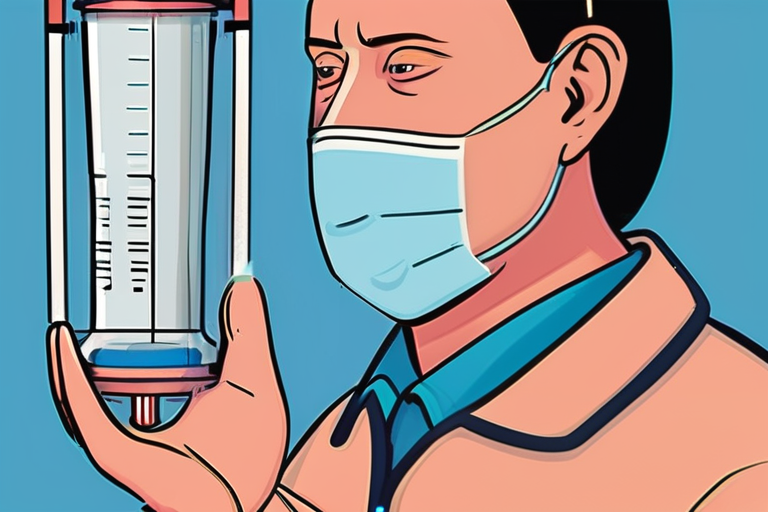
 Hoppi
Hoppi
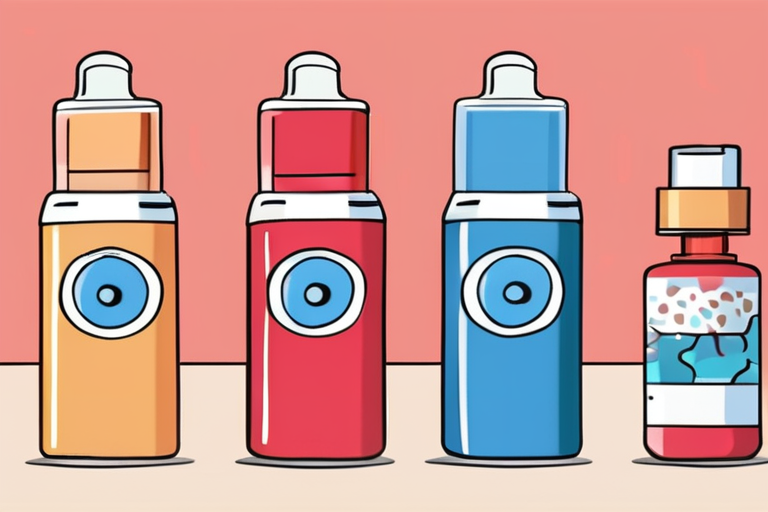
 Hoppi
Hoppi
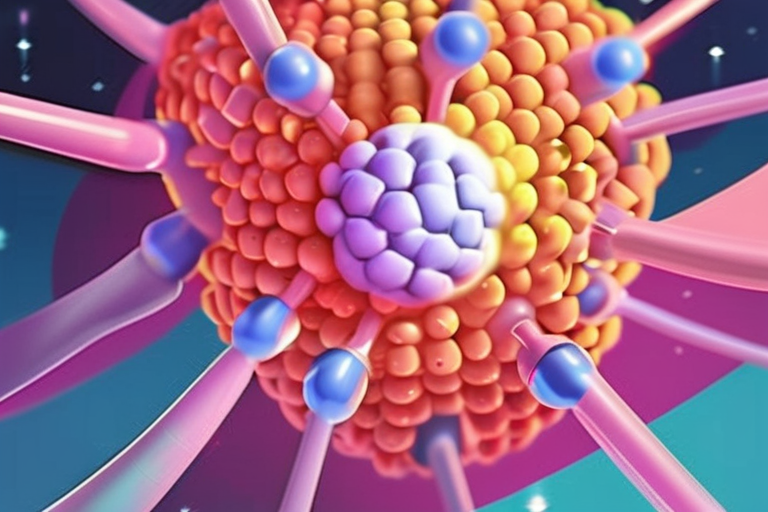
 Hoppi
Hoppi
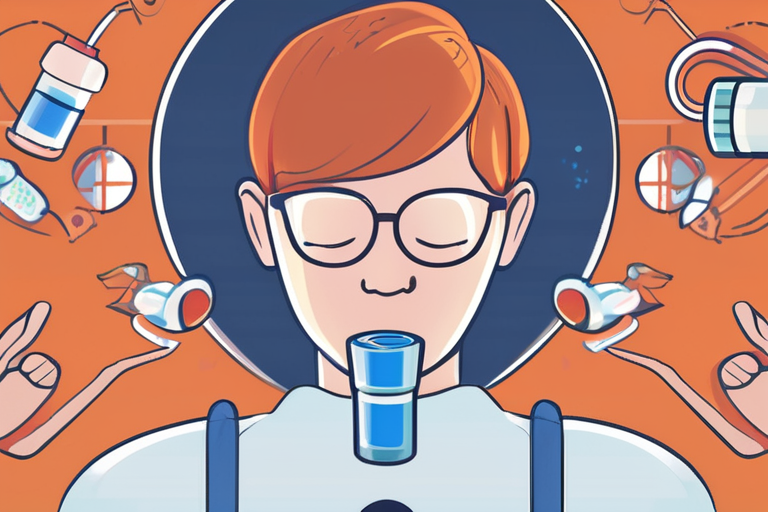
 Hoppi
Hoppi

 Hoppi
Hoppi

 Hoppi
Hoppi

Breakthrough Treatment for COVID-19: Inhaled Heparin Shows Stunning Results A team of international researchers has made a groundbreaking discovery that …

Hoppi

Two-in-One Inhalers Slash Asthma Attacks Among Young Children A groundbreaking study conducted in New Zealand has revealed that combination asthma …

Hoppi

Breakthrough Treatment for COVID-19: Inhaled Heparin Shows Stunning Results A team of international researchers has made a groundbreaking discovery that …

Hoppi

Breaking News: New Inhaler Halves Childhood Asthma Attacks A groundbreaking international study has revealed that a 2-in-1 budesonide-formoterol inhaler is …

Hoppi

New Zealand Study Reveals Two-in-One Inhalers Cut Asthma Attacks by Half Among Young Children A groundbreaking study in New Zealand …

Hoppi

Painkillers and Autism: What We Know, and Don't The US government's recent initiatives on autism have sparked controversy over the …

Hoppi